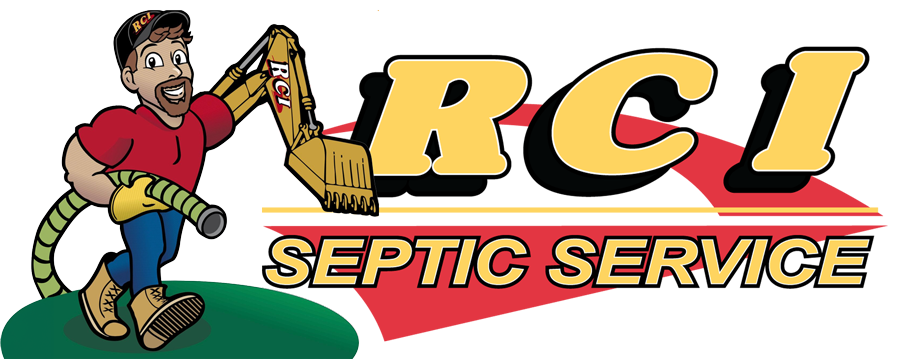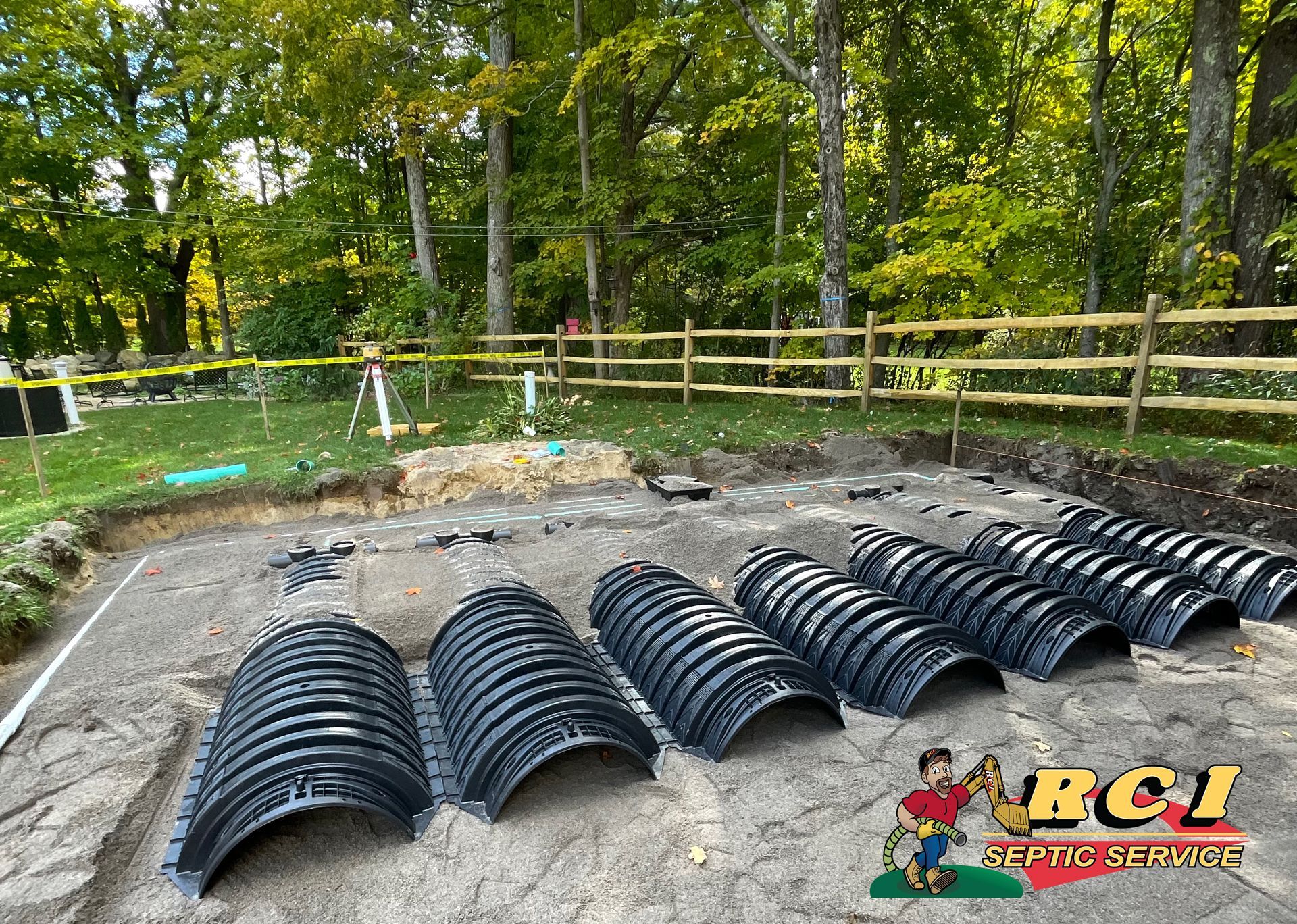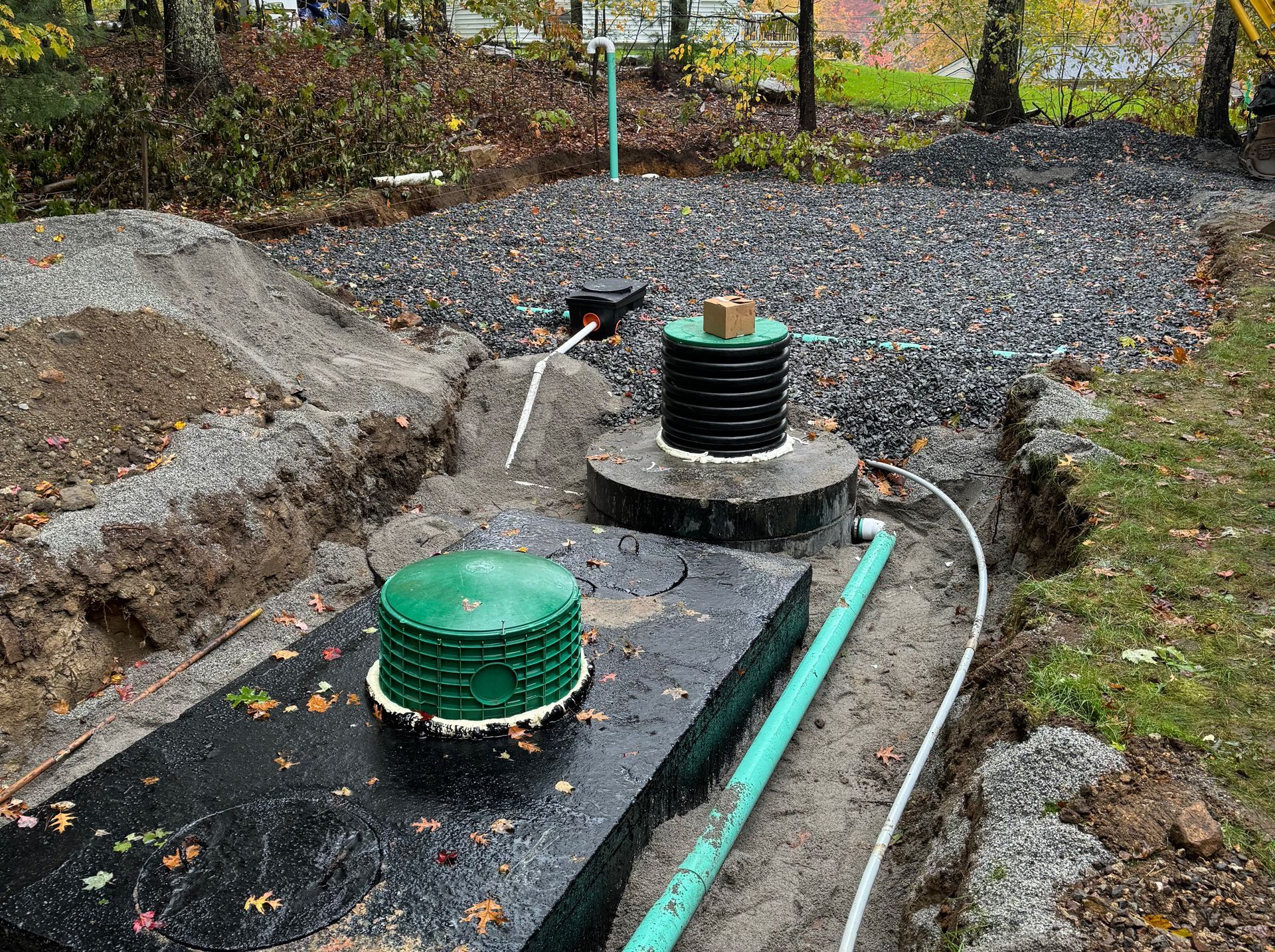The Dos and Don'ts of Using a Disposal with Septic System
Wondering if you can use a garbage disposal with a septic system? It’s a common question for homeowners. This article provides clear guidance on how to use your disposal with a septic system without harming it. We’ll cover what you can safely dispose of, what to avoid, and alternative waste disposal methods, especially when considering disposal with a septic system.
Key Takeaways
- Understanding your septic system’s components helps maintain its health and efficiency.
- Using a garbage disposal can introduce excess organic matter, leading to increased maintenance costs in septic systems.
- Avoid putting non-biodegradable items and fibrous foods down the disposal to prevent clogs and ensure proper functioning.
Understanding Your Septic System
A septic system is a crucial component of many homes, especially in rural areas. Essentially, it collects wastewater from household plumbing and processes it through a septic tank systems that separates solids and scum from liquid waste.
These systems generally consist of:
- A sewer line
- A septic tank
- A drain field
- Sometimes additional treatment units
Inside the septic tank, natural bacteria break down organic matter, turning some solids into liquid waste. The treated liquid waste then moves to the drain field, where it is further filtered and purified by aerobic bacteria in the soil.
Perforated pipes in the drain field allow the wastewater to seep into gravel, where contaminants are treated, and clean water is returned to the groundwater supply. Grasping these components helps maintain a healthy system.
The Role of Garbage Disposals in Septic Systems
Garbage disposals can be a double-edged sword when used with septic systems. While they offer the convenience of quickly getting rid of food waste, they can also introduce more organic matter than the bacteria in the septic tank can handle. This can lead to increased sludge levels, necessitating more frequent pumping and higher maintenance costs.
A garbage disposal can reduce a septic system’s efficiency. Food waste can overwhelm the bacteria responsible for breaking down solids, leading to potential blockages and system failures. Though convenient, the maintenance challenges can be significant.
What Can Go Down the Disposal?
Knowing what can safely go down the disposal is crucial when using it with a septic system. Small food scraps, such as vegetable peels, can be disposed of without causing significant issues. Soft fruits and non-fibrous vegetables break down easily and are generally safe for your septic system. Cooked meats can also be ground in a garbage disposal without causing harm to the septic system. Food scraps should be in small pieces to enhance septic system efficiency. Following these guidelines helps maintain a healthy system.
Here are some safe items to dispose of:
- Small food scraps, such as vegetable peels
- Soft fruits
- Non-fibrous vegetables
- Cooked meats
Food scraps should be in small pieces to enhance septic system efficiency. Following these guidelines helps maintain a healthy system.
Knowing what can safely go down the garbage disposal is crucial for maintaining its functionality and avoiding unnecessary maintenance. Adhering to these recommendations allows you to enjoy a garbage disposal without compromising your septic system.
What Should Never Go Down the Disposal?
Certain items should never be put down a garbage disposal, especially in homes with septic systems. Non-biodegradable items like plastic and metal can cause severe blockages. Sanitary products such as tampons and diapers should always be disposed of in the trash, as they do not decompose and can cause blockages.
Fibrous foods like corn husks and celery can tangle and lead to clogs in the disposal and plumbing. Items like cigarette butts and paper towels can also clog pipes and hinder the operation of septic systems. Keeping these items out maintains smooth operation of your septic system.
Best Practices for Using a Garbage Disposal with a Septic System
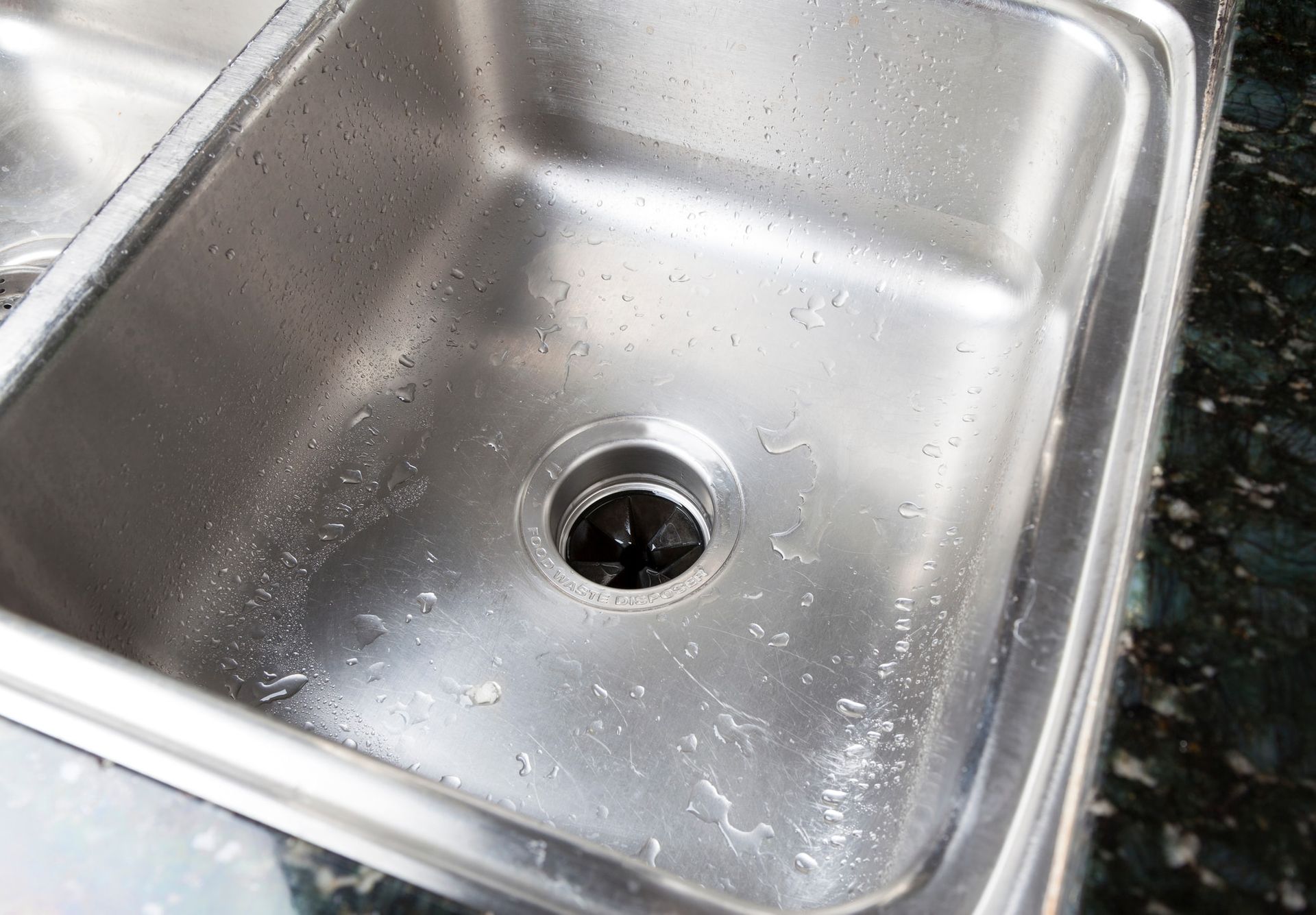
Following best practices ensures your garbage disposal and septic system work harmoniously. Key steps include using cold water, avoiding grease and oils, and performing regular maintenance.
These practices help avoid clogs, maintain efficiency, and extend the septic system’s lifespan.
Use Cold Water
When using a garbage disposal, always run cold water. Cold water helps solidify fats, making them easier to chop up and preventing them from clogging the pipes. This simple habit can significantly reduce the risk of blockages in your plumbing system.
Cold water prevents food waste from sticking, reducing clog risks. Adopting this practice ensures efficient disposal and septic system function.
Avoid Grease and Oils
Fats, oils, and grease can accumulate in septic tanks, leading to blockages and disrupting the natural breakdown of waste. When these substances solidify, they can cause clogs and require more frequent maintenance.
Consider alternative disposal methods instead of pouring grease down the drain. Collecting grease in a container and disposing of it in the trash can help keep your septic system running smoothly.
Regular Maintenance
Both the garbage disposal and septic system require regular maintenance. This includes periodic inspections and timely pumping of the septic tank to prevent overfilling and ensure proper function.
Following a maintenance schedule helps avoid costly repairs and keeps the system in top shape.
Alternative Ways to Dispose of Food Waste
Consider alternative food waste disposal methods instead of relying solely on your garbage disposal. Composting and trash disposal effectively manage food scraps without overburdening the septic system.
Composting
Composting is an environmentally friendly alternative to using a garbage disposal. It transforms food waste into a valuable resource for gardens, enriching the soil with nutrients. Composting can be easily done at home using simple setups like a compost bin or a compost pile.
Composting vegetable scraps and organic materials reduces waste in your septic system and contributes to a healthier environment. It’s a win-win for both your home and the planet.
Trash Disposal
Certain food waste, such as meat, dairy, and oils, should be disposed of in the trash to prevent attracting pests and causing odors.
Using a tight-sealing container for storing food waste before disposal can help minimize smells and pest issues.
Signs Your Septic System Needs Attention
Recognizing signs that your septic system needs attention is crucial. Foul odors around the property typically indicate a malfunctioning system, often caused by gas buildup. Pooling water near the septic tank or drain field suggests leaks or overflow that require immediate professional evaluation.
Other signs include overly green grass above the drain field, frequent backups in toilets, and gurgling sounds in plumbing. Slow drainage in sinks and bathtubs usually signals problems with the septic system, possibly due to clogs or a full tank. Prevent these issues with regular maintenance and timely pumping.
RCI Septic Service: Your Partner in Septic System Care
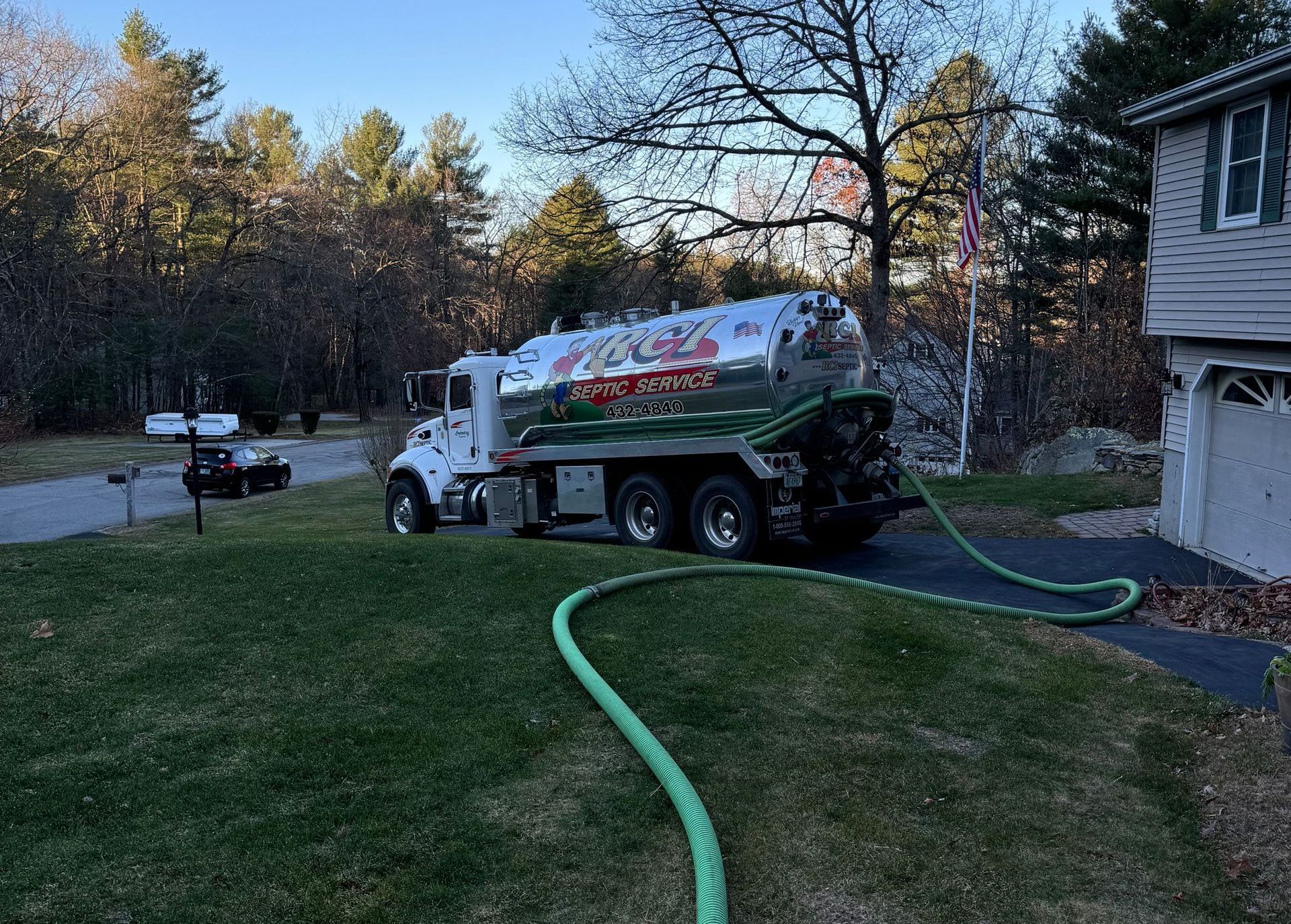
RCI Septic Service has been providing peace of mind to homeowners regarding their septic systems for over 25 years. Offering a comprehensive range of solutions, including maintenance, pumping, installation, and repair, RCI ensures effective and timely service, enhancing the longevity of your septic system.
The company remains updated on the latest technologies and regulations in the septic service industry. With a team of seasoned professionals, RCI Septic Service focuses on customer satisfaction and expert care, making them a trusted provider in Londonderry, New Hampshire.
Summary
In summary, using a garbage disposal with a septic system requires careful consideration and adherence to best practices. By knowing what can and cannot go down the disposal, using cold water, avoiding grease and oils, and ensuring regular maintenance, you can protect your septic system. For professional care and peace of mind, consider reaching out to RCI Septic Service.
Frequently Asked Questions
What type of materials does RCI Septic Service use for installations?
RCI Septic Service uses top-quality materials for all their septic system installations, ensuring durability and reliability for your needs.
Where is RCI Septic Service located?
RCI Septic Service is located in Londonderry, NH.
What is emphasized about the septic repair and replacement services?
Septic repair and replacement services are all about being thorough and customized to fit the specific needs of your system. It's important to find a solution that works best for you!
What financing options does RCI Septic Service offer?
RCI Septic Service makes financing easy by partnering with St. Mary's Bank for your septic system projects. This way, you can focus on getting your system up and running without worrying about the costs upfront.
What areas does RCI Septic Service serve?
RCI Septic Service primarily serves Southern New Hampshire, including towns like Auburn, Bedford, and Derry. If you're in those areas and need septic services, they've got you covered!
